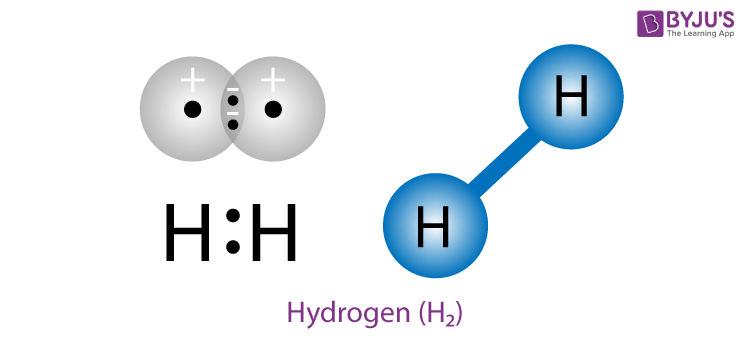Hydrogen and Battery Electric Vehicles

As we continue to advance towards a low-carbon future, both BEVs and FCEVs will play pivotal roles. By embracing both technologies, we can ensure a smoother transition to sustainable mobility, effectively mitigating the environmental impact of our transportation needs while satisfying the diverse requirements of consumers and industry. This dual approach not only maximizes the benefits of each technology but also exemplifies the innovative strategies needed to overcome modern energy challenges.
I respectfully disagree. Eventually, the winner will win and loser will lose. And, in particular, hydrogen will lose out, even though BEVs, as Renaldo correctly indicated in his piece, have challenges.
We’ve been talking with great enthusiasm about hydrogen since I was a teenager in the early 1970s, but with virtually no progress over the intervening period. At stake is the cost of producing H2 from the electrolysis of water or the reformation of methane, the cost and fragility of fuel cells, and, most importantly, the absence of a fuel delivery infrastructure and the enormous economic and logistical challenges associated with overcoming that issue.
What will eventually happen with hydrogen in transportation is exactly what happened to wave energy, ocean current energy, run of river hydrokinetics, biomass, and geothermal in renewable energy. Outside of niche applications, they all lost as the technology of solar and wind matured and the costs fell precipitously.
I know Renaldo is a huge fan of hydrogen, but it’s time to say goodbye.
